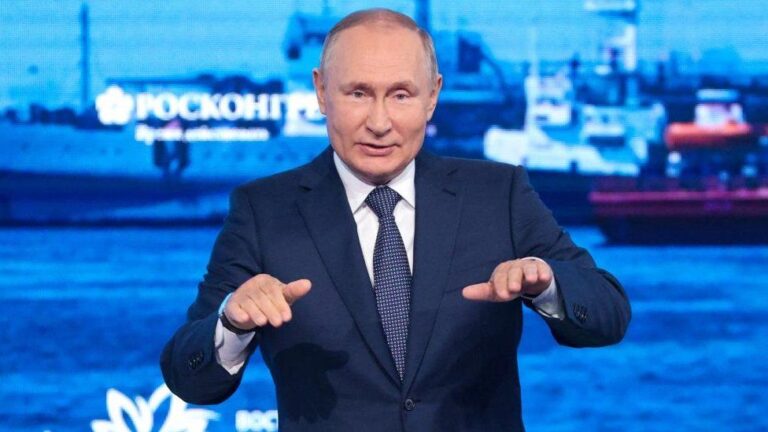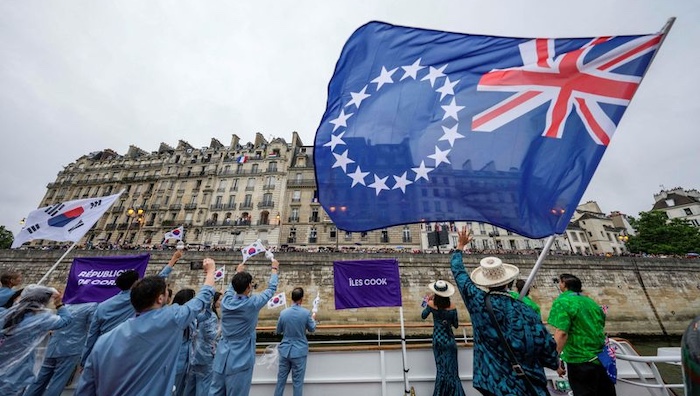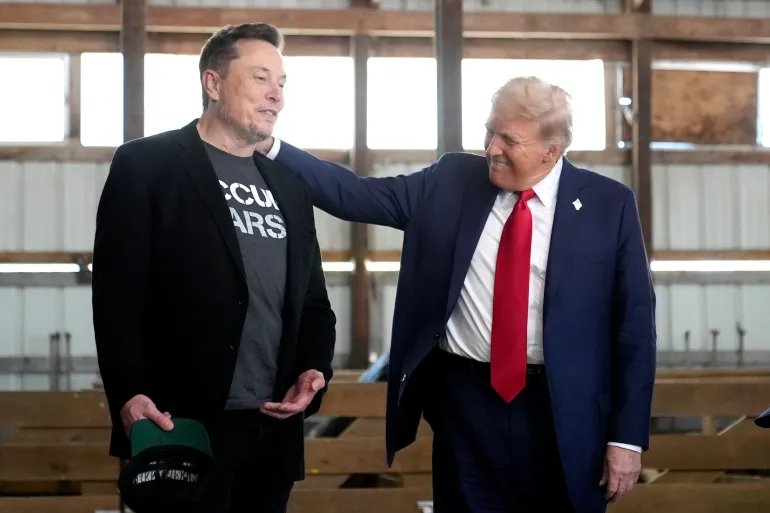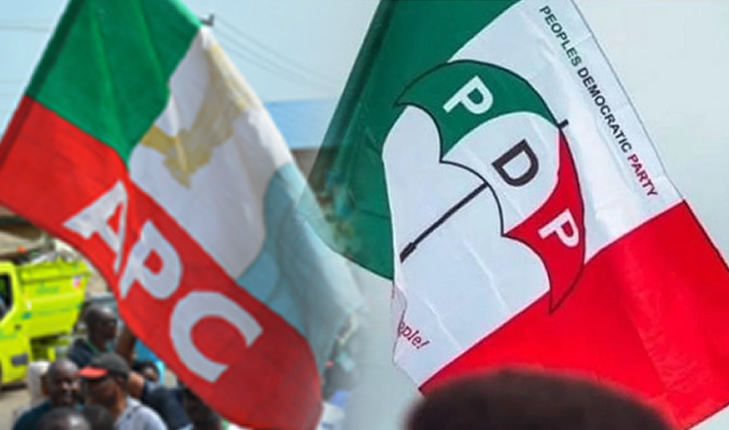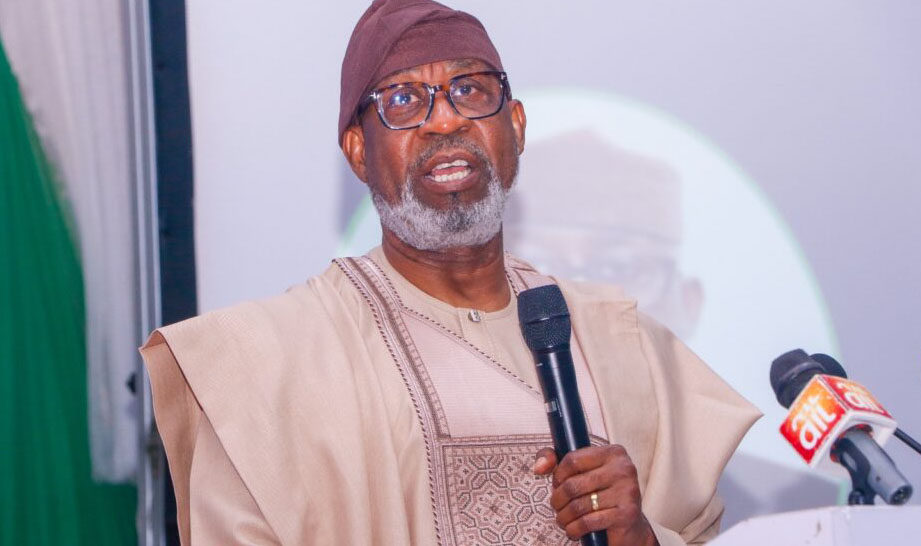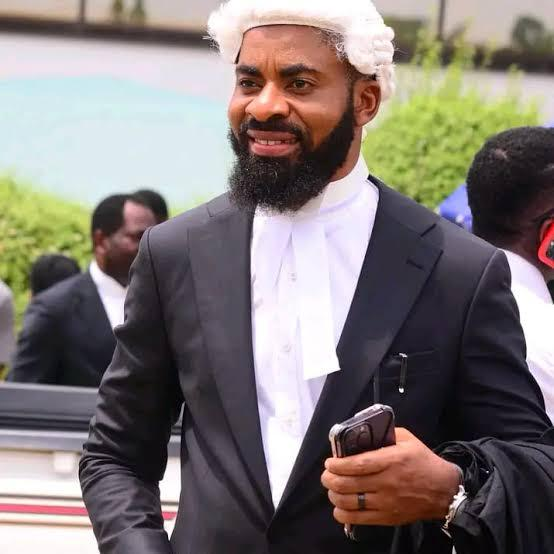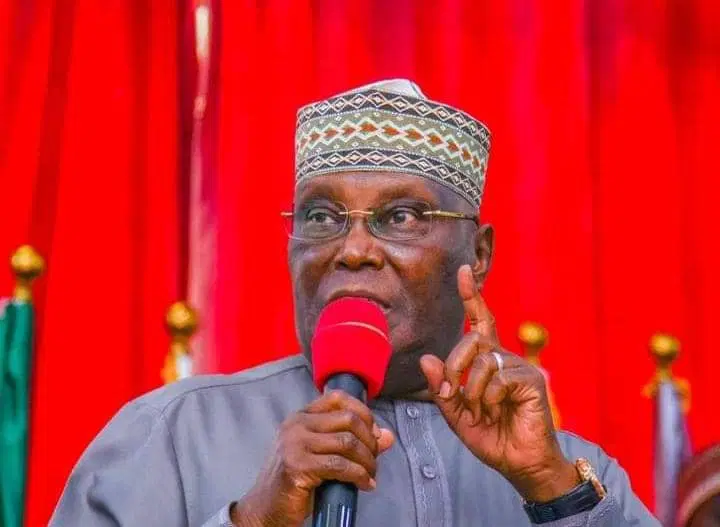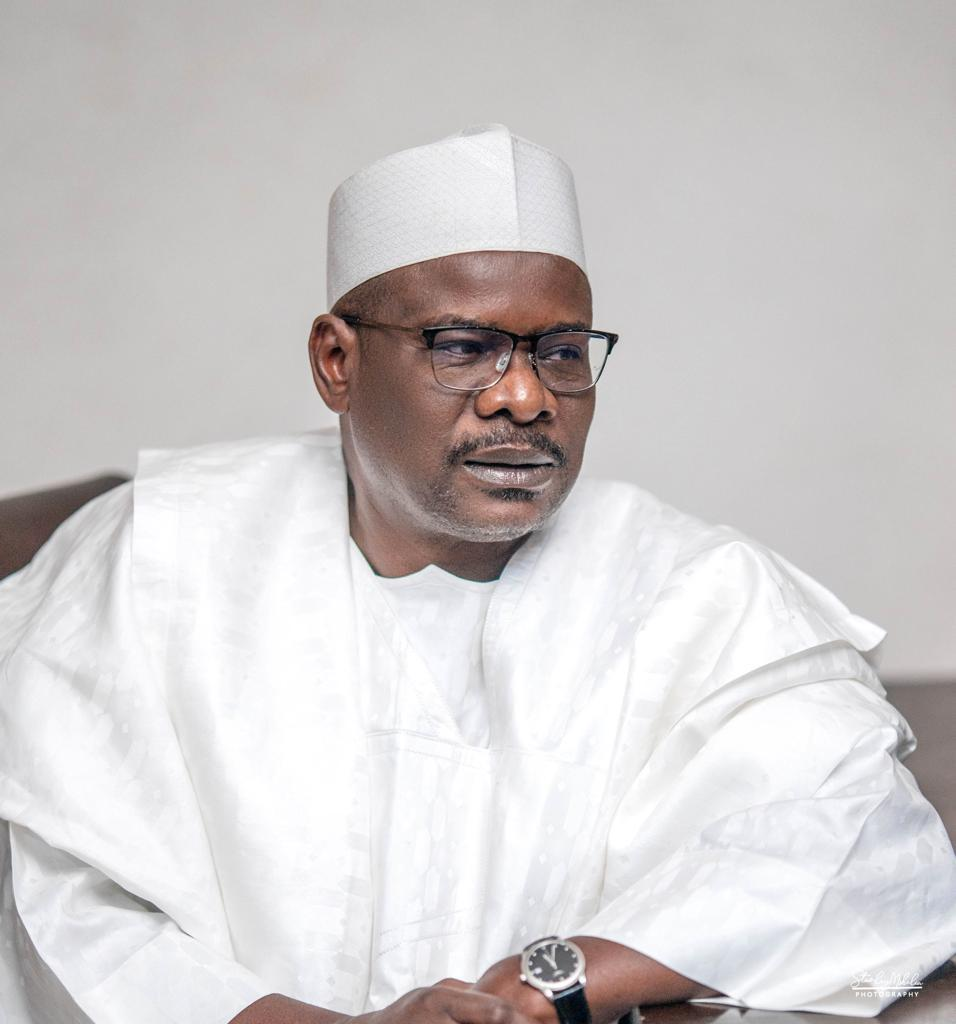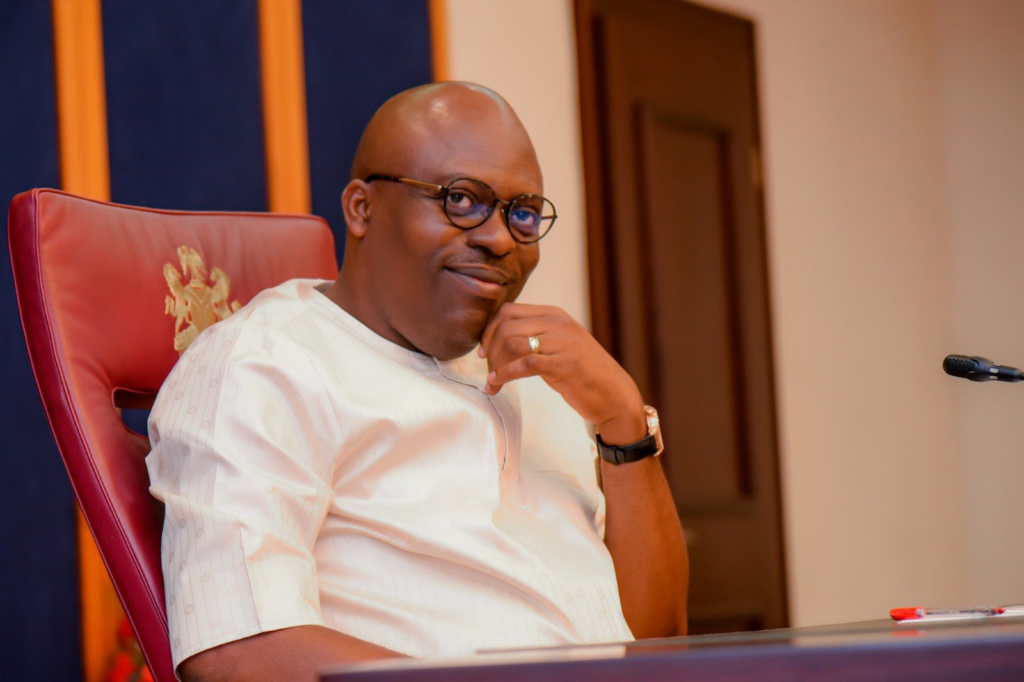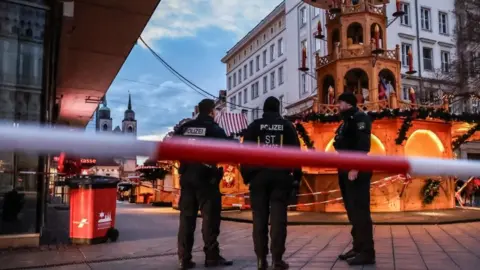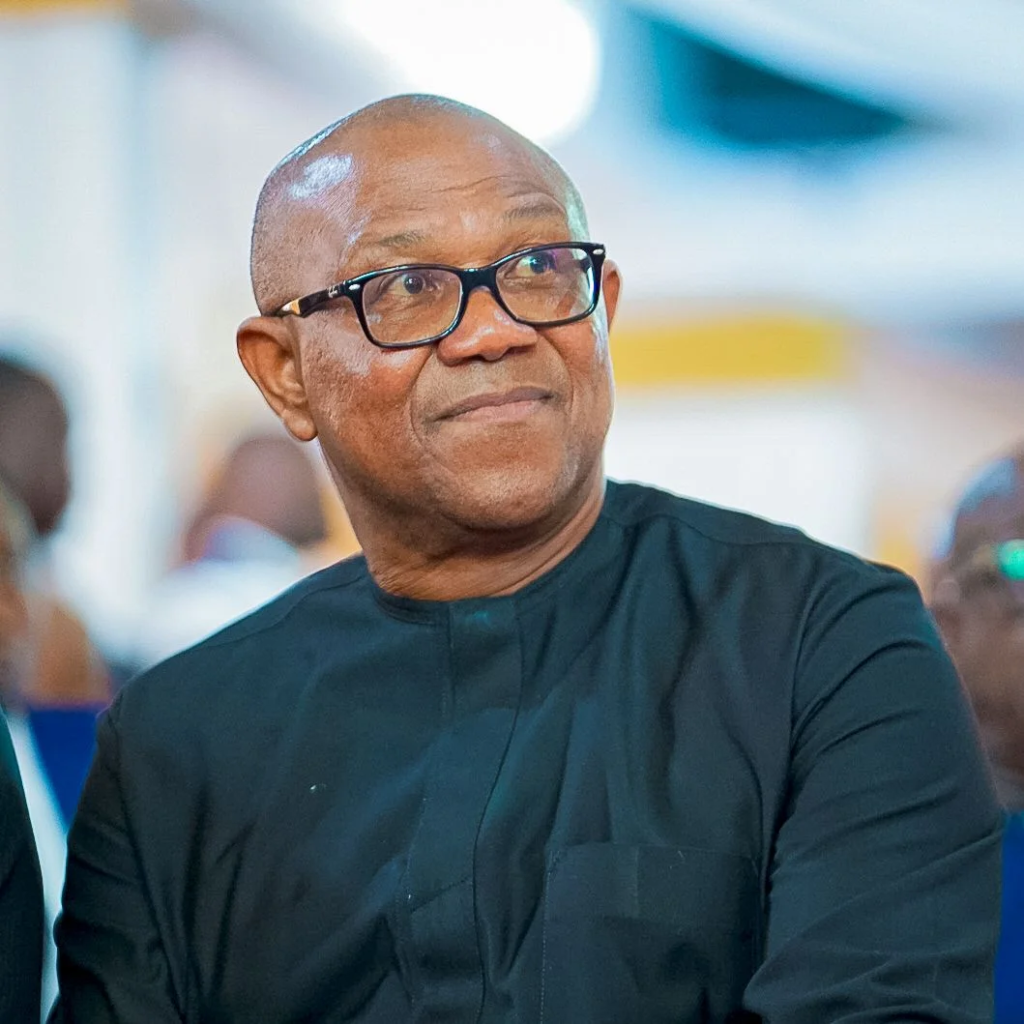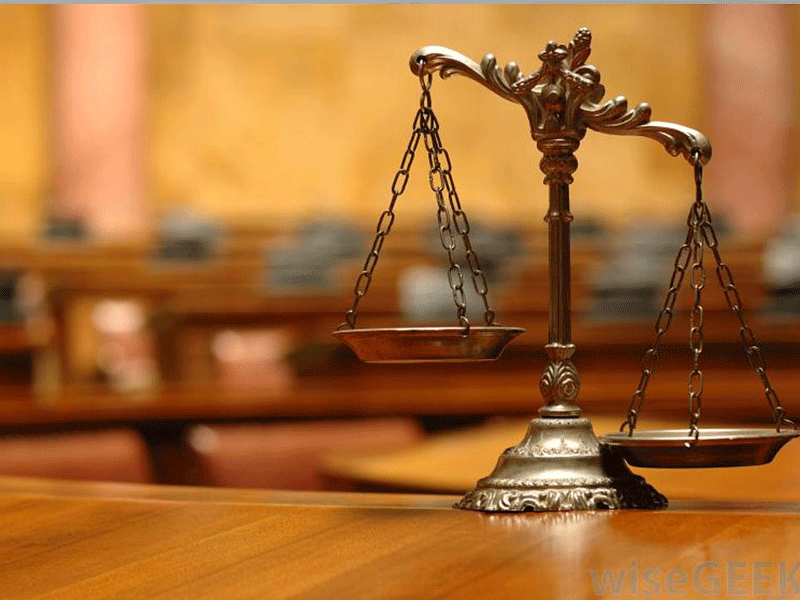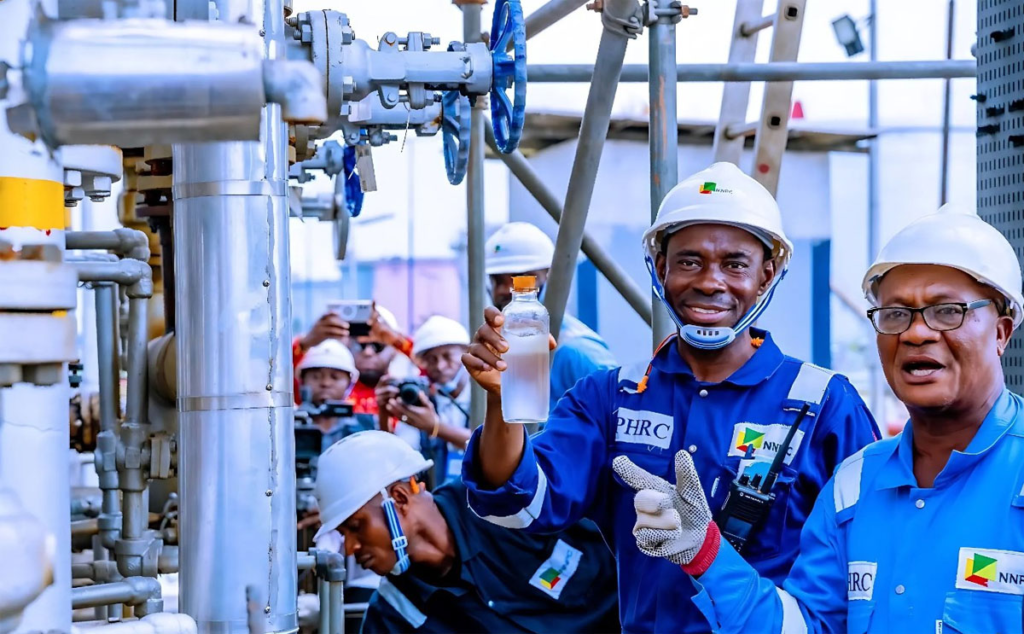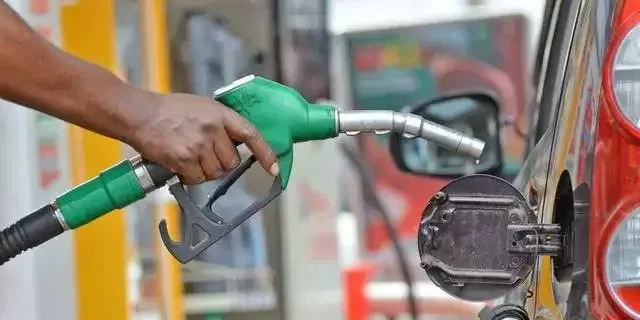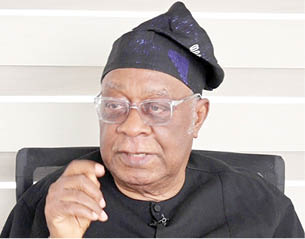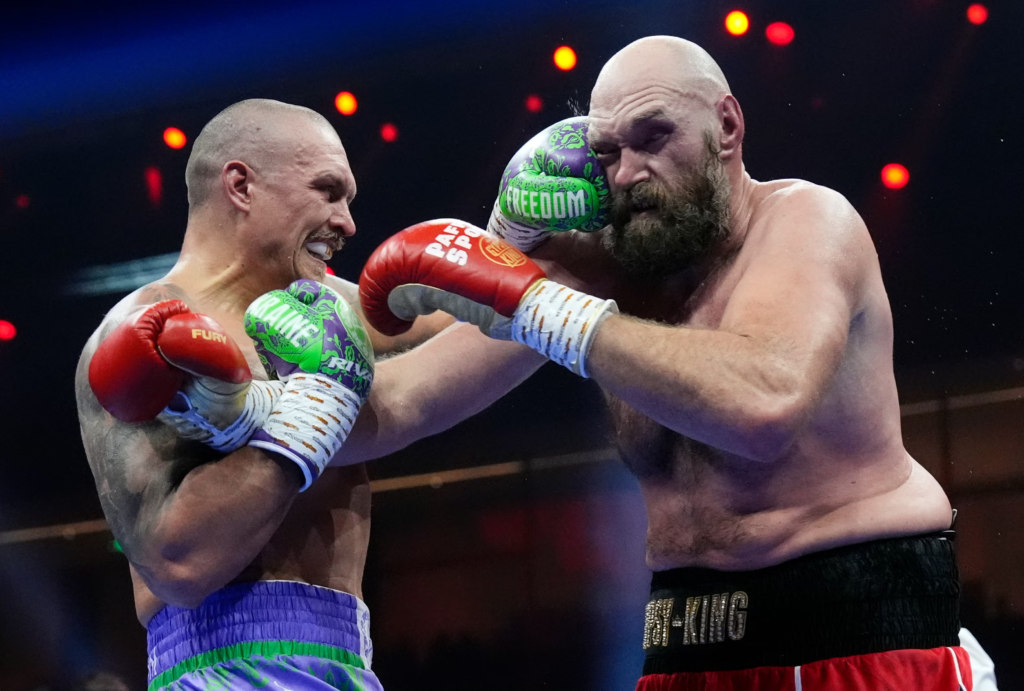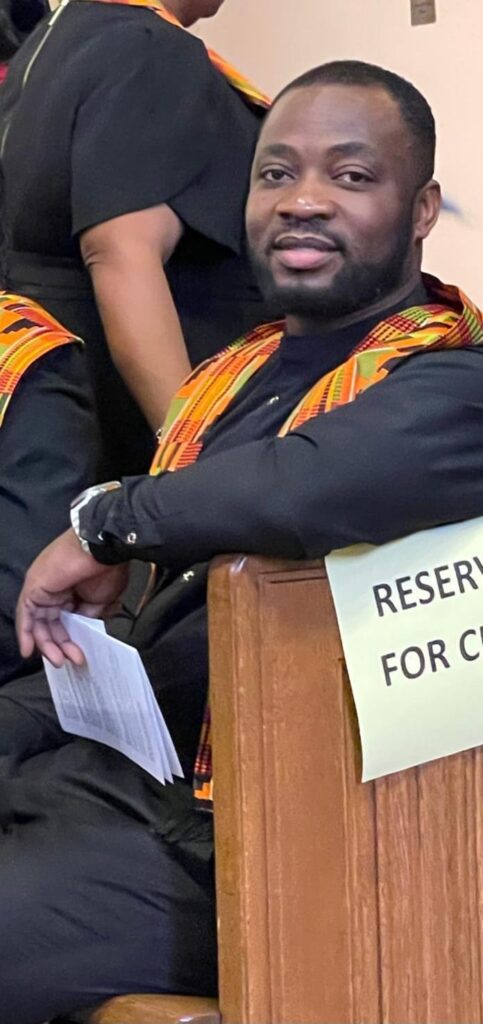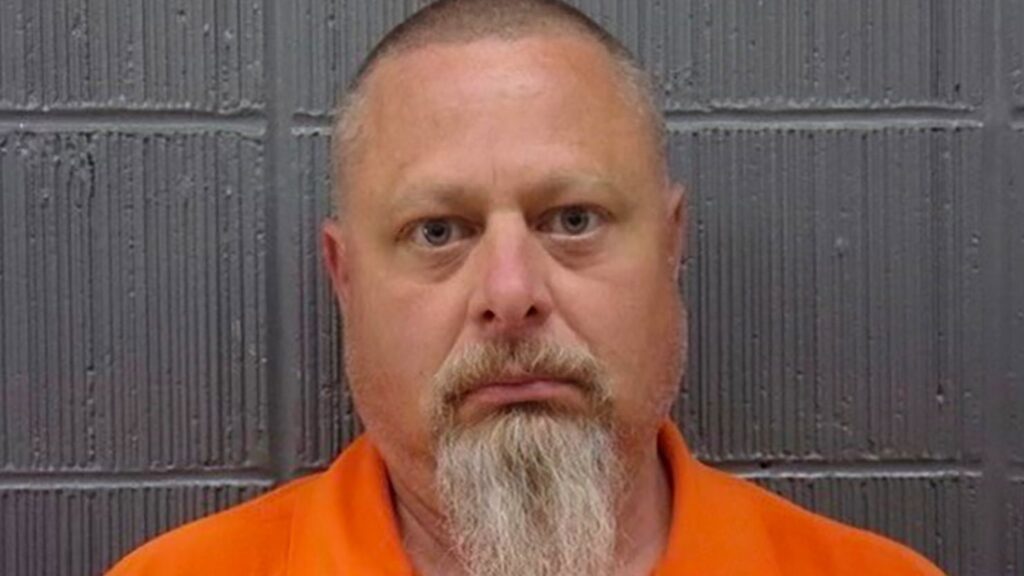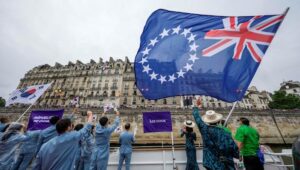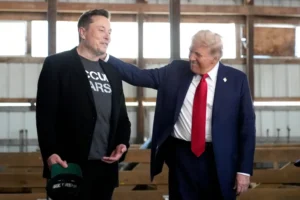Vladimir Putin has condemned Western sanctions imposed because of Russia’s war in Ukraine as a fever that poses a threat to the entire world.
In a speech to an economic forum in Vladivostok, he said Russia was coping with the West’s economic “aggression”.
But the Russian president warned the quality of life for Europeans was being sacrificed to sanctions while poorer countries were losing access to food.
He also said Europe was cheating poor countries out of Ukraine’s grain.
For months Ukraine’s sea ports were blockaded by Russian forces, but since exports resumed at the start of August Russia’s leader asserted that only two grain ships had gone to Africa – which is not the case. He said he wanted to discuss revisiting the deal, in remarks rejected by Ukraine as groundless.
Russia launched its invasion on 24 February and now occupies around a fifth of Ukrainian territory. Six months on, it has been pushed back from areas around Kyiv and the north and now faces a Ukrainian counter-offensive in the south and east.
Western nations responded to the war by imposing sanctions on a large number of Russian individuals, businesses and state-run enterprises. The European Union has sought to cut its reliance on Russian gas and oil and Moscow has shut its key Nord Stream 1 gas pipeline to Germany, blaming it on technical issues.
Energy prices have soared and EU ministers meet on Friday to respond to the crisis. The Russian leader condemned one proposal for a cap on Russian gas prices as stupid.
Mr Putin told his audience the West was trying to impose its behaviour on other countries. Many companies had rushed to leave Russia, he said, but “now we are seeing how production and jobs in Europe are closing one after another”. However, Russia is also feeling the pinch, with inflation rising and companies struggling to import much needed parts.
The EU has already barred direct flights from Russia and last week its 27 member states angered Moscow further by agreeing to make the process of securing a visa more laborious for Russians. A much-prized Schengen visa covering 22 EU countries is likely to become more expensive too. The three Baltic states have now gone further with a deal to bar Russians from crossing from Russia and Belarus, unless they are lorry drivers or have family and humanitarian reasons.
In an address that appeared to target Western observers as much as a domestic audience, President Putin said confidence in the dollar, euro and pound was being lost before people’s eyes. Russia, meanwhile, was emerging from the war with its sovereignty strengthened: “I am sure that we have not lost anything and we will not lose anything.”
Ukrainian Foreign Minister Dmytro Kuleba said Russia was seeking to blackmail Europe with its energy resources: “Putin wants to ruin the stability and well-being of every household in Europe.”
Top Chinese legislator Li Zhanshu was attending the forum and the Russian president said that “no matter how much someone would like to isolate Russia, it is impossible to do this”. Russian news agencies said President Putin would meet Chinese counterpart Xi Jinping in Uzbekistan next week.
Until a UN-sponsored deal was agreed aimed at lifting Russia’s blockade of three Ukrainian Black Sea ports, grain exports had been reduced to a minimum. Shipments have gradually resumed and a UN-chartered ship carrying 23,000 tonnes arrived in Djibouti last week. The grain has now reached Ethiopia in 60 lorries, with the aim of feeding more than one and a half million people in a country blighted by drought and civil war.
Other ships have left for Yemen and Sudan while several vessels have gone to ports in Egypt.
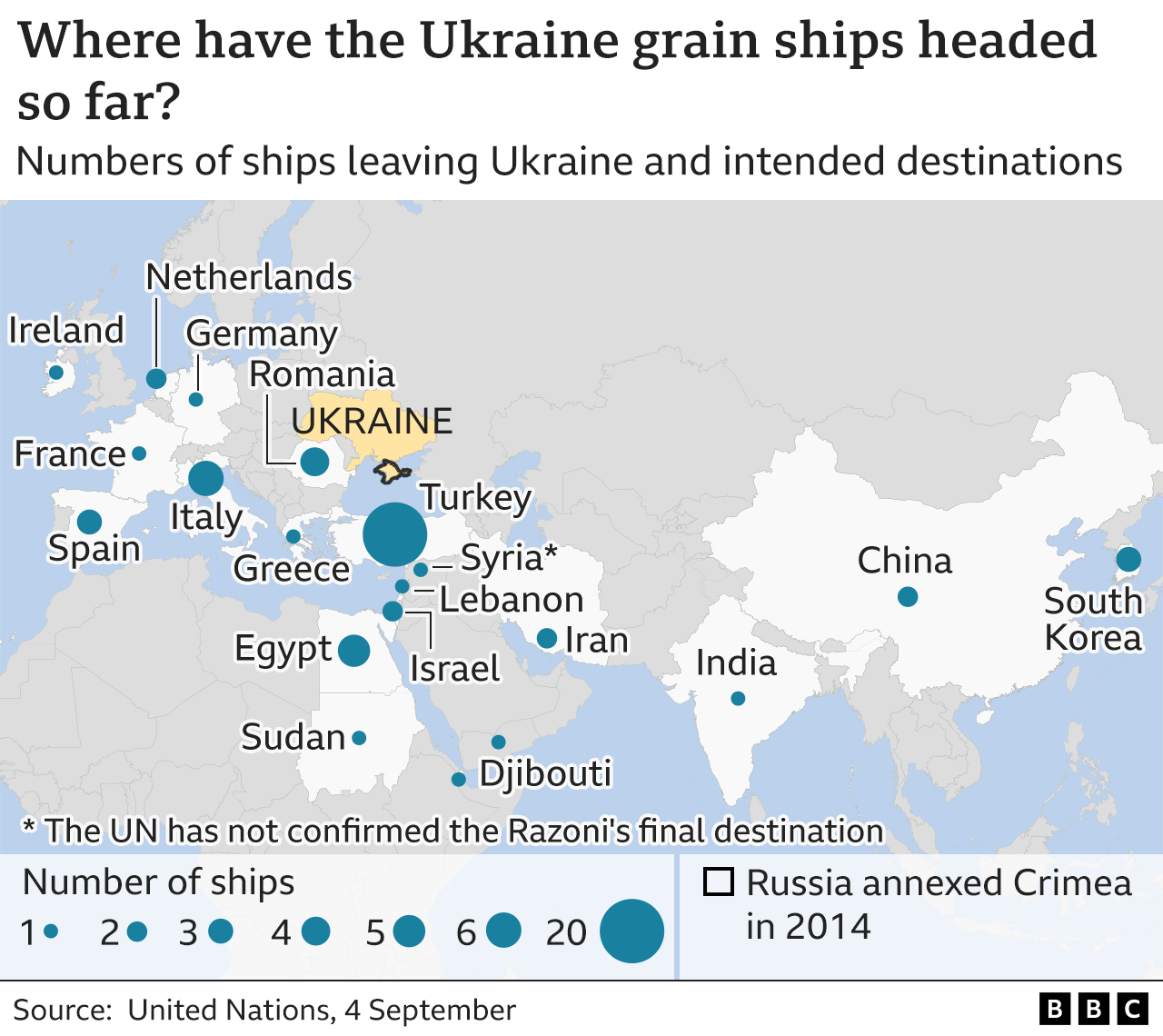
But President Putin accused many European countries of continuing to act like colonialists and he said he would propose restricting destinations for Ukrainian exports to Turkish President Recep Tayyip Erdogan.
“Not counting Turkey as a mediator country, practically all the grain taken out of Ukraine is destined not for the poorest and developing countries, but for countries of the European Union,” the Russian leader argued.

